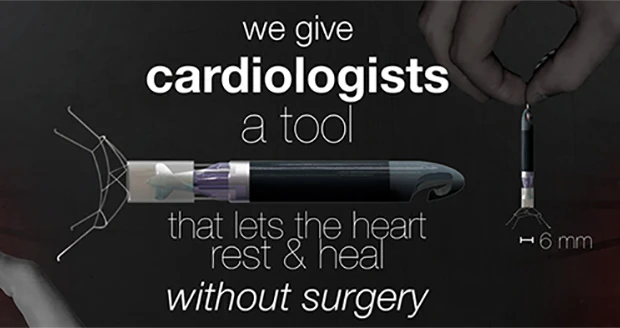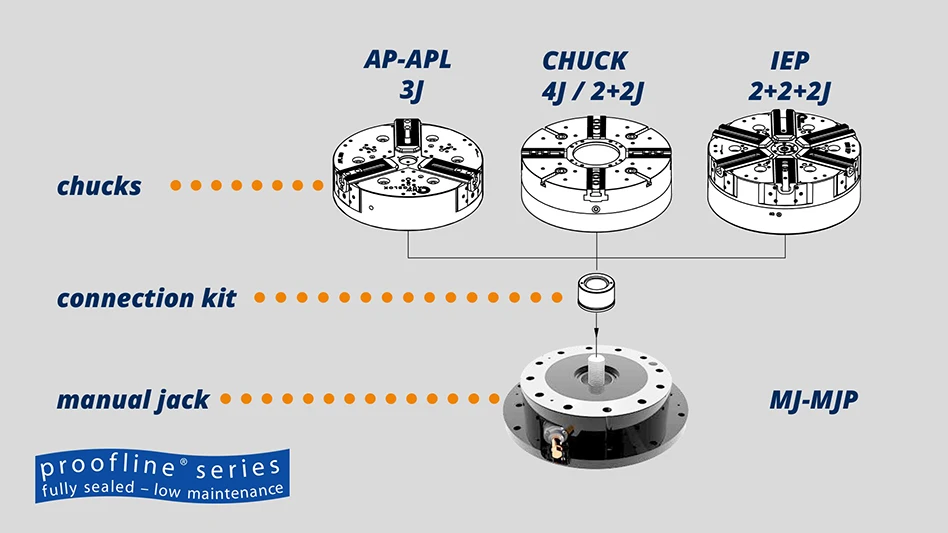
Houston, Texas – Procyrion Inc., a medical device firm developing the first catheter-deployed circulatory assist device intended for long-term use in the treatment of chronic heart failure, has been awarded a $50,000 grant from the National Capital Consortium for Pediatric Device Innovation. The award, part of the FDA Pediatric Device Consortia grant program, presented five innovators with up to $50,000 each to bring their technology projects to life.
Procyrion’s Aortix is a small, continuous-flow pump mounted within a self-expanding anchoring system and delivered via catheter through the femoral artery to the descending thoracic aorta. Once the catheter sheath is pulled back, nickel-titanium anchors deploy to anchor the pump to the aortic wall. Aortix functions by accelerating a portion of the native aortic flow, resulting in reduced work of the heart and increased blood flow to vital organs.
In partnership with maxon precision motors inc. (Fall River, Mass.), grant funds are being used to modify the adult Aortix device for use in children born with single ventricle heart defects. “The commercialization path of pediatric medical devices presents unique challenges due to limited market size; maxon precision motors is proud to help meet those challenges and work with Procyrion to develop an efficacious tool for this important unmet clinical need,” said Christopher Blake, president of maxon precision motors, inc.
Read the cover story in the July issue of Today’s Medical Developments to learn more about the design and manufacturing – as well as how rapid prototyping is speeding the development of Aortix.
In order to optimize the circulatory assist device for pediatric use, maxon precision motors is donating a supply of modified motors and engineering support to the project. In addition to adapting the device to fit a child, the Procyrion team has already begun optimizing the flow profile needed to clinically manage single ventricle physiologies associated with the Fontan procedure.
“Many devices for adults are not suitable for pediatric use, but the small form factor of Aortix makes it very useful for the pediatric patient. With minor modifications, we hope to create a first-in-class device for pediatric patients with failing Fontan circulation. Receiving this grant reflects confidence our product can impact the underserved pediatric medical device market,” said Ben Hertzog, president and CEO of Procyrion.
Procyrion is also working with Dr. Charles Fraser, chief of congenital heart surgery and cardiac surgeon-in-charge, and Dr. Daniel Penny, chief of pediatric cardiology, at Texas Children's Hospital to help ensure this early work leads to a clinically useful device. "This is a promising technology with many potential applications," said Fraser. "I am excited about its potential and look forward to working together with Procyrion to develop those applications."
The NCC-PDI Review Committee and Pediatric Device Development Panel selected winners based on clinical significance of the pediatric device, approach to product development, likelihood of being marketed successfully, project team, environment, resources, and potential for additional funding.
The program also places special emphasis on helping bridge the gap that often follows the prototyping phase, as the promising medical device must also be manufactured, cleared by the FDA, marketed, and sold.
Source: Procyrion
Latest from Today's Medical Developments
- Workholding Roundtable with SCHUNK, EMUGE FRANKEN USA, and SMW Autoblok
- Canadian company wins ROBOTICS AWARD 2025
- XP Power’s CCR AC-DC power supplies
- Quality Control of Surfaces in the Digital Age
- High precision, productivity in combined punching and shearing systems
- GROB G550T 5-axis mill-turn universal machining center
- Betacom, Siemens launch 5G network platform to accelerate manufacturing innovation
- Starrett’s AVR400 CNC vision system





